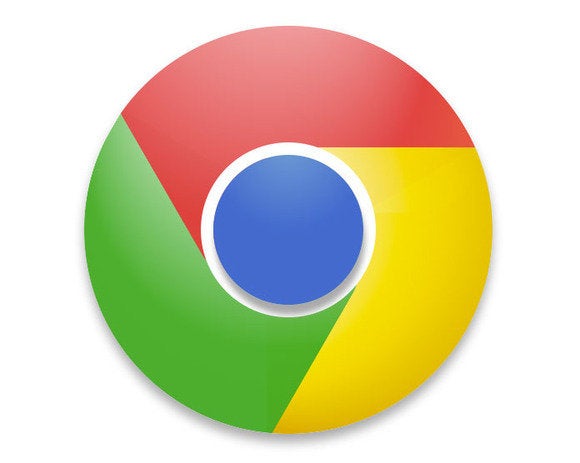

According to Apple’s iOS privacy labels, Google’s Chrome app can collect data including your location, search and browsing history, user identifiers and product interaction data for “personalisation” purposes. Although there are no solid plans for Europe yet, Google is planning to replace cookies with its own ‘privacy preserving’ tracking tech called FLoC, which critics say will give the firm even more power at the expense of its competitors due to the sheer scale of Chrome’s user base.Ĭhrome’s hefty data collection practices are another reason to ditch the browser. Google is currently under fire from privacy campaigners including rival browser makers and regulators for changes in Chrome that will spell the end of third-party cookies, the trackers that follow you as you browse.


Chrome is one of Google’s most powerful data-gathering tools. Chrome is tightly integrated with Google’s data gathering infrastructure, including services such as Google search and Gmail – and its market dominance gives it the power to help set new standards across the web. Is Google too big and powerful, and do you need to ditch Chrome for good? Privacy experts say yes. That’s a lot of power, even before you consider Chrome’s data collection practices. Its closest competitor, Apple’s Safari, lags far behind with under 20 per cent market share. The web browser has around 65 per cent market share and two billion people are regularly using it. Despite a poor reputation for privacy, Google’s Chrome browser continues to dominate.


 0 kommentar(er)
0 kommentar(er)
